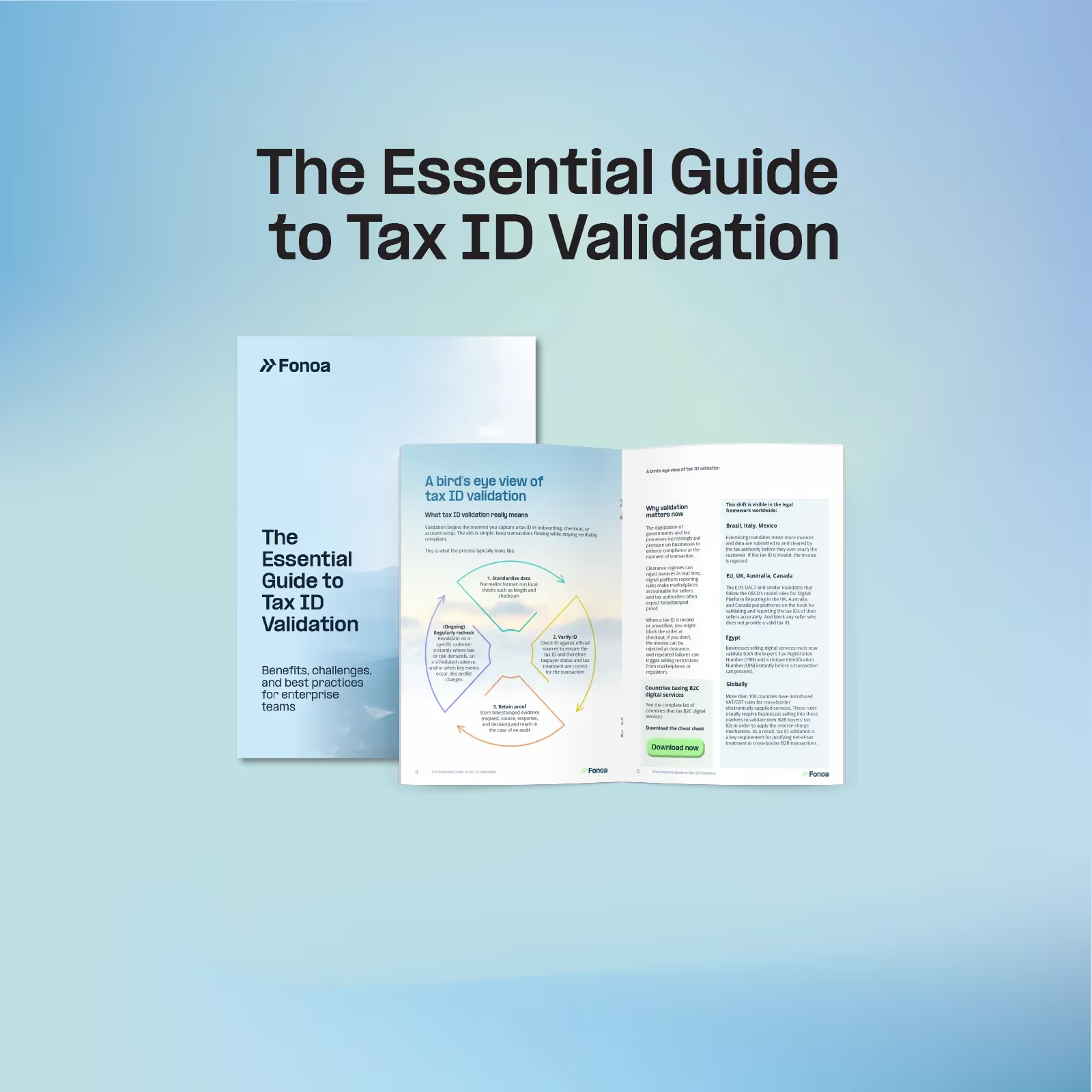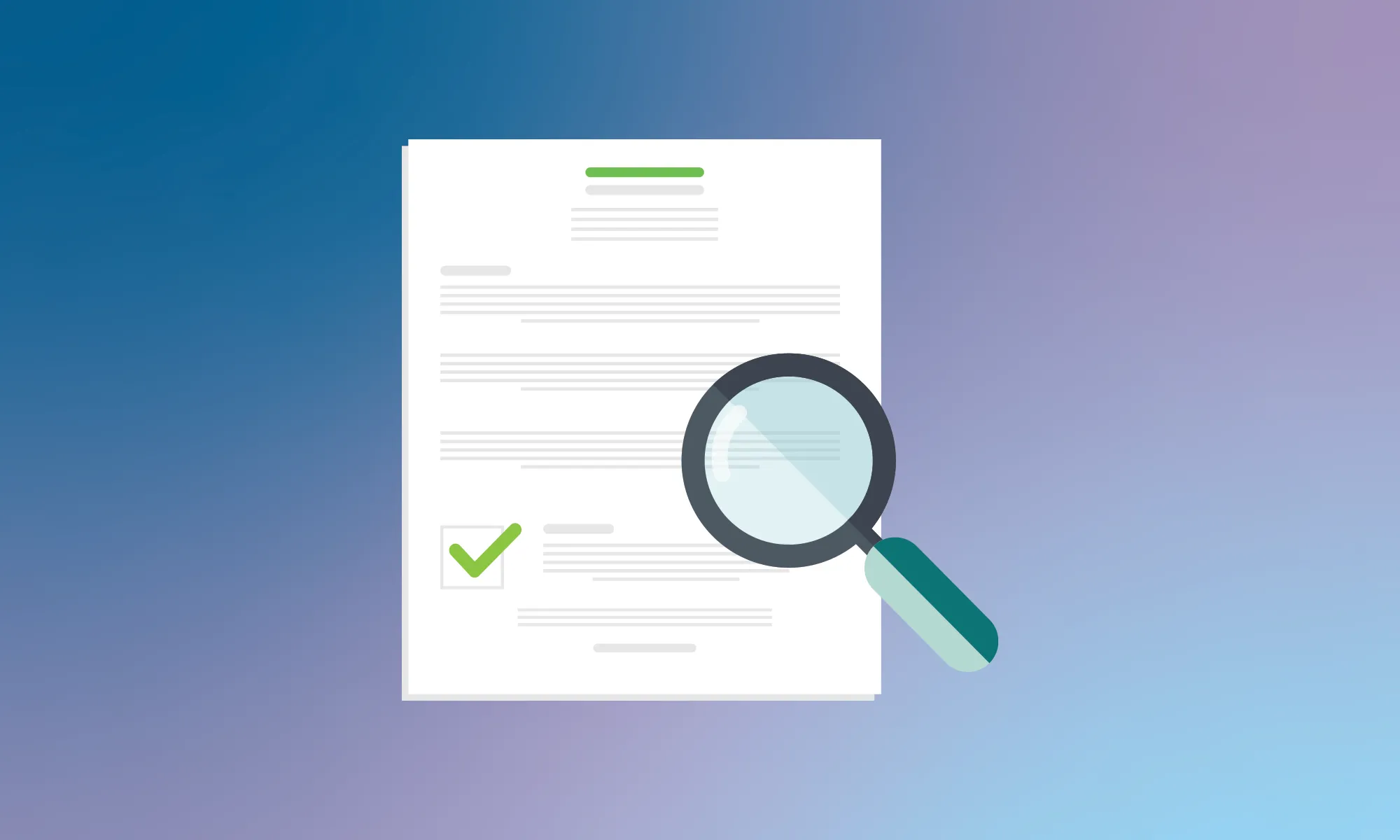Tax invoices are essential documents used in financial transactions, particularly in the context of sales of goods and services. They provide evidence of the trade and support the buyer's claim of an input tax credit. Tax invoices are vital in countries with value-added tax (VAT) or goods and services tax (GST) systems, where tax is charged on the value added at each stage of production or distribution, and businesses in the transaction chain want to deduct their input tax.
Tax invoices typically include details such as the name and address of the buyer and seller, a description of the goods or services sold, the quantity or volume of the goods or services, the price charged, and the applicable taxes. Many of these elements need to be included on invoices by law. Tax invoices might also include additional information like payment method, payment terms, due date, and the invoicing software used. In some countries, tax invoices must be issued in a structured electronic format, such as XML, to comply with local invoicing and tax regulations. In some cases, governments provide detailed tax invoice templates for businesses to use.
Businesses must be aware of the specific invoicing and tax requirements in the countries where they operate or conduct business to ensure their tax invoices are compliant and avoid potential penalties or fines.
Tax invoices may also be referred to by different names depending on the country or region. Some common alternative names for tax invoices include:
- Sales invoice: This term is commonly used in the United States and Canada to refer to a tax invoice that shows the details of a sale.
- VAT invoice: In some countries, this term refers to a tax invoice that includes the value-added tax (VAT) charged on selling goods or services.
- Commercial invoice: This term is commonly used in international trade to refer to a tax invoice that shows the details of the goods or services sold, the amount charged, and other relevant information.
- Bill: In some contexts, "bill" may be used interchangeably with “tax invoice” to refer to a document showing the transaction details and the amount owed.
- Receipt: Although a receipt differs from a tax invoice, it may serve a similar purpose by providing evidence of a transaction and the payment received. A receipt typically includes less information than a tax invoice and is often issued after completing the transaction as a proof of payment rather than a request for payment.
Invoice vs Tax Invoice
Every tax invoice is an invoice, but not every invoice is a tax invoice. Although the specific rules are different everywhere, in general, tax invoices are issued by VAT-registered businesses, while “plain vanilla” invoices are issued by businesses that are not registered or can have a different meaning (receipt, proof of payment etc). A business can be non-VAT/GST registered if it for example does not meet the minimum income registration threshold (i.e., small businesses) or if specific rules exclude them from the local VAT/GST regime, e.g., sole traders.
Some countries have no regulatory differentiation; every invoice is a tax invoice, and vice versa.
Are tax invoices mandatory?
In many countries, tax invoices are mandatory for certain types of transactions, particularly those subject to VAT or GST. The exact requirements for tax invoices can vary depending on the country or region. Businesses operating in different countries or regions should always analyze the local requirements with regard to tax invoice obligations to ensure compliance with the applicable laws and regulations. Businesses that fail to issue tax invoices or that issue invoices that do not comply with local invoicing and tax regulations may be subject to penalties or fines, and may also face difficulties during audits or other compliance reviews.
In some countries, such as the United States, there is no law that specifically requires businesses to issue tax invoices. However, businesses are required to maintain accurate records of their financial transactions and to provide documentation to support the calculation of taxes owed, if requested by the Internal Revenue Service (IRS) during an audit.
While tax invoices are not explicitly required, businesses often issue invoices that contain detailed information about the transaction, including the price of goods or services sold, any taxes charged, and other relevant information. These invoices can serve as supporting documentation during an audit, helping businesses to demonstrate compliance with tax regulations and avoid penalties or fines.
What are tax invoices used for?
Tax invoices are critical in financial transactions and essential for compliance, accounting, and business operations.
More specifically, tax invoices are used for the following purposes:
- Taxation: Tax invoices are used to calculate and report the tax owed or payable by the buyer and seller. They are essential for VAT/GST systems, where tax is charged on the value added at each stage of production or distribution.
- Accounting: Tax invoices are used for bookkeeping to record the transaction details, including the amount charged for the goods or services, the applicable taxes, and any discounts or adjustments.
- Legal compliance: In many countries, tax invoices are required by law to support the buyer's claiming of input tax credit. Failure to comply with invoicing requirements can result in penalties or fines.
- Auditing purposes: By requiring businesses to issue tax invoices and maintain accurate records, tax authorities can verify compliance with tax laws and detect potential fraud or errors, reducing the risk of tax evasion and promoting fairness in the tax system.
- Business operations: Businesses use tax invoices to track sales, monitor inventory, and manage cash flow. They also provide a record of the goods or services sold and the payment received, which can be used for customer service or dispute resolution.
Is there a difference between a tax invoice and a receipt?
A tax invoice and a receipt are crucial documents in commercial transactions, but they serve different purposes. A tax invoice is a document issued by a seller to a buyer detailing the goods or services sold, the amount charged for them, details of the two parties, and the applicable taxes. It serves as evidence of the transaction and is used for accounting and taxation purposes. A tax invoice is typically required by law in many countries to support the buyer's claiming of an input tax credit.
On the other hand, a receipt is a document issued by a seller to a buyer as proof of payment. It confirms that payment for goods or services has been received, but it may contain only some of the details required for a tax invoice. In other words, while a tax invoice is primarily a legal document required for tax and accounting purposes, a receipt is a more straightforward document that serves as proof of payment. In everyday life, a receipt is the small slip of paper you are handed after paying at the grocery store. An invoice is what businesses issue to each other when transacting amongst themselves. In the case of online payments through apps or websites, receipts can even arrive via emails or notifications.
Sometimes, a tax invoice and a receipt may be combined into a single document, this combined document is sometimes called a “simplified invoice” especially for low value transactions. However, for higher valued transactions, it's essential to ensure that a separate tax invoice is issued to comply with legal requirements. Furthermore, each country may have different requirements and thresholds for issuing a simplified invoice, invoice or receipt.
What formats of tax invoices are allowed?
The format of tax invoices may vary depending on the country or region in which they are issued. However, tax invoices should generally be issued in a clear and concise format that meets the requirements of local tax laws.
In many countries, tax invoices must be issued in a specific format that includes certain information, such as the names and addresses of the buyer and seller, a description of the goods or services supplied, the quantity and price of the goods or services, and any applicable taxes. In some countries, tax authorities provide guidelines or templates for the format of tax invoices. For example, in India, the GST Council has prescribed a standard format for tax invoices, which must be followed by businesses registered under the GST regime.
Regardless of the specific format, tax invoices must be issued promptly and accurately, with all necessary information included. As invoices have legal and fiscal evidence value, their storage and maintenance during the statutory archiving period is also significant for invoicing compliance. Failure to comply with invoicing requirements can result in penalties or fines. Businesses must be aware of the specific invoicing and tax requirements in the countries where they operate or conduct business. Tax authorities typically provide businesses with publicly available free invoice templates or pre-printed booklets of paper. Different invoicing software providers usually have professional invoice templates and designs that small businesses and freelancers can use immediately. Alternatively, they can even use Microsoft Excel to draft up their own invoice template. However, larger businesses typically require more customization to convey their brand image (fonts, logos, color scheme, etc.).
What about structured formats?
The requirement for tax invoices to be in a structured format may vary depending on the country or region in which they are issued. In some countries, such as India, Latin America, and some European countries, some regulations require tax invoices to be published in a structured digital format, such as XML.
Using a structured format for tax invoices can provide several benefits, including improved accuracy, easier processing, and faster data extraction for tax reporting purposes. However, a structured layout may require businesses to invest in specialized software or systems to generate and process these invoices, and they are not printable in a paper format.
For more information relating to e-invoicing click here.
Automation of Tax Invoice Creation
Automating tax invoice creation can provide several benefits for businesses, including:
- Increased accuracy: Automated systems reduce the risk of errors and ensure that all required information is included in tax invoices, improving accuracy and reducing the likelihood of invoice rejections or disputes.
- Time savings: Automation reduces the time and effort required to create and process locally tax invoices, allowing businesses to focus on other areas of their operations.Businesses cannot realistically issue compliant invoices in a non-automated fashion if invoice generation exceeds certain volumes
- Improved efficiency: Automated systems streamline the invoicing process and reduce manual tasks, such as data entry and reconciliation, improving efficiency and reducing the risk of delays and late payments.
- Better control: Automated systems provide greater visibility and control over the invoicing process, allowing businesses to track invoice status, identify bottlenecks or issues, and take action as needed.
- Compliance: Automated systems help businesses comply with tax regulations and invoicing requirements, reducing the risk of penalties or fines.
Automating tax invoice creation can help businesses save time, reduce costs, and improve accuracy and compliance, providing a competitive advantage in today's fast-paced business environment.
Content of Tax Invoices
The main content of a global tax invoice typically includes the following information:
- Company Name, address, and VAT identification number (VAT ID) of the supplier (seller)
- Business Name, address, and VAT ID of the customer (buyer)
- Date of the invoice
- Invoice number (a unique identifier and sequence assigned by the supplier)
- Line item descriptions of the goods or services provided
- Quantity and unit price of the goods or services provided
- Any applicable discounts or rebates
- The total amount payable, subtotal, and the total amount of tax charged
- The applicable tax rate(s) and the tax amount charged for each rate
- The currency in which the invoice is issued and where relevant, exchange rate to local currency
Some further information that is typically featured but not necessarily mandated can include the followings:
- Document title, i.e. “Tax invoice”
- Payment terms
- Payment method (e.g., credit card)
- Due date
- Invoicing software used
- Whether the business is VAT-registered or not or if the invoice is a VAT invoice
- Customer relevant data needed for buyer pressessing, i.e. supplier ID, purchase order number etc
Any additional information required by national or regional tax authorities, such as a statement that the reverse charge mechanism applies or an indication of the applicable VAT exemption, if any.
It's worth noting that there may be some variation in the exact content of a tax invoice depending on the country or region in which the invoice is issued. Businesses must be aware of the specific invoicing and tax requirements in the countries where they operate or conduct business. Failure to comply with these regulations can result in penalties or fines.
Lastly it’s worth mentioning that invoice requirements may not solely be driven by tax laws, but can also be driven by other regulatory and legal obligations outside of the field of taxation, sometimes dependent on industry e.g., in many cases there are specific requirements for invoices issued by financial institutions or utility companies.
Conclusion
In conclusion, tax invoices are essential documents used in financial transactions worldwide. They play a critical role in taxation, accounting, legal compliance, auditing, and business operations. Although the specific requirements for tax invoices may vary depending on the country or region, businesses must be aware of the invoicing and tax regulations in the countries where they operate or conduct business to ensure compliance and avoid potential penalties or fines. Automation of tax invoice creation can also provide significant benefits, including increased accuracy, time savings, improved efficiency, better control, and compliance. Overall, tax invoices are a critical component of the global economy and a fundamental part of doing business.
How Fonoa Can Help
Fonoa can help businesses comply with tax regulations and invoicing requirements through its suite of tax technology solutions. With Fonoa Invoicing, you can be confident that your tax invoices meet all the necessary requirements in the countries where you operate. Our invoicing product allows for the customization of invoice templates, including multi-language support and the ability to add your own branding. We also offer automated tax calculation (Fonoa Tax) and the ability to validate your buyer's tax IDs in real-time (Fonoa Lookup), ensuring you are issuing accurate invoices. Plus, our invoicing software is compliant with local tax regulations, so you don't have to worry about staying up-to-date on changing invoicing requirements.
Contact us today to learn more about how Fonoa Invoicing can help streamline your invoicing process and ensure compliance.

















